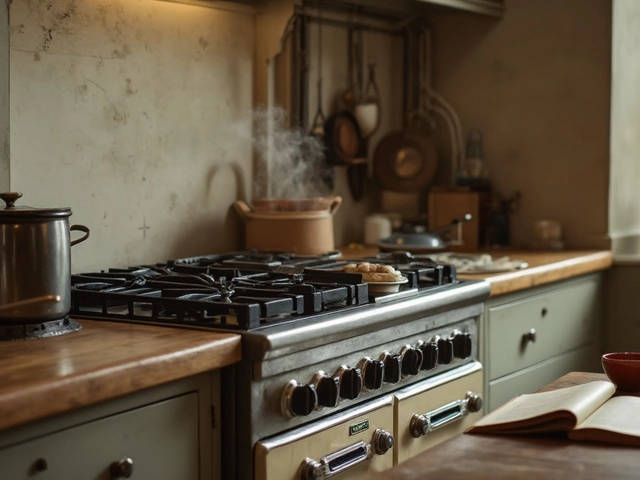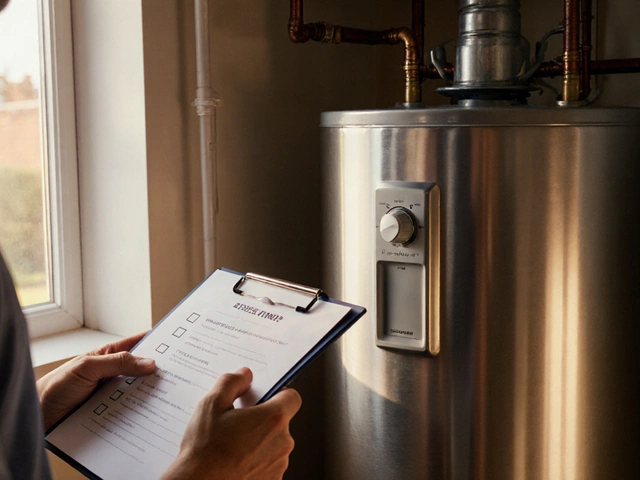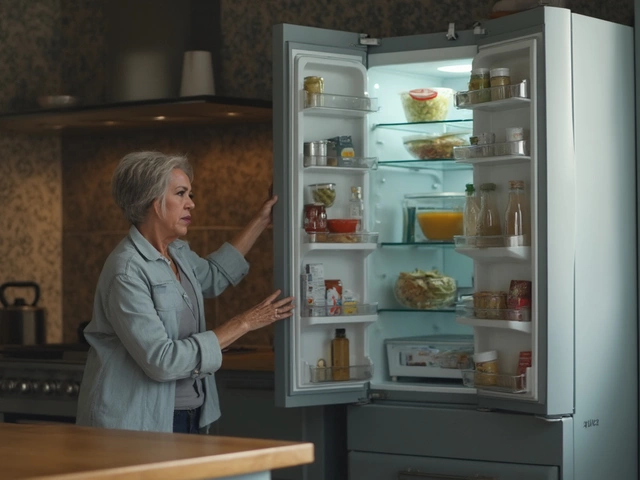Life Expectancy of a Gas Hob: How Long Should It Last?
February 21 2025Electrical Issues: Simple Fixes for Common Home Problems
Every house has an electrical hiccup now and then – a fan that won’t start, a heater that clicks but doesn’t heat, or a light that flickers before going out. Most of these quirks have easy clues that let you decide whether a quick fix is possible or if you should call an expert. This guide walks you through the basics of spotting the problem, testing a few things yourself, and staying safe while you work.
Identify the Problem Fast
First, ask yourself what’s actually happening. Is the appliance completely dead, or does it turn on and then shut off? Does it make odd noises or smell burnt? Write down the symptoms – a short list helps you stay focused and avoids guesswork. Next, check the obvious things: is the plug firmly in the socket? Is the circuit breaker tripped or a fuse blown? Resetting a breaker or swapping a fuse often solves the issue without any tools.
If power is still missing, grab a multimeter or a simple voltage tester. Test the outlet’s voltage – you should see about 230V in the UK. No voltage means the problem is likely upstream, maybe a faulty breaker or wiring. If the outlet is fine, move to the appliance’s own fuse or safety switch. Many kitchen fans, heaters, and water heaters have a built‑in reset button that can be pressed after the unit cools down.
When to Call a Pro
Even if you feel confident, there are clear red flags that say “hand it over to a certified gas engineer or electrician.” If you notice sparks, a burning smell, or the appliance gets unusually hot, stop immediately – those are signs of a serious fault that can cause fire or shock. Also, if the problem involves internal wiring, a broken motor, or a gas‑related component, you need a qualified professional. Trying to fix a gas‑connected device without proper training is risky and can void warranties.
When you call a pro, give them the details you’ve gathered: the exact symptoms, any resets you performed, and whether a circuit breaker or fuse was involved. This information speeds up the diagnosis and can lower the service cost. Remember, a certified engineer will also test for gas leaks and ensure everything complies with safety regulations – something a DIY fix can’t guarantee.
Bottom line: start with the easy checks, keep safety first, and don’t hesitate to call a professional when the problem feels beyond a simple reset or plug. Tackling electrical issues the right way keeps your home running smoothly and protects you from danger.
 26 Mar
26 Mar
Fixing a Water Heater That Keeps Tripping
If your water heater keeps tripping, it might feel like a never-ending nuisance. This article walks you through the common reasons behind this issue and offers practical steps to troubleshoot and fix it. From checking the circuit breaker to inspecting the thermostat, we'll help you figure out what’s causing the problem. Let’s get your water heater back on track and ensure you’re never surprised by a cold shower again.
Read More...



